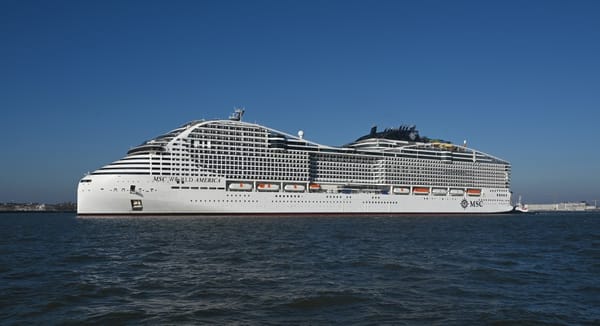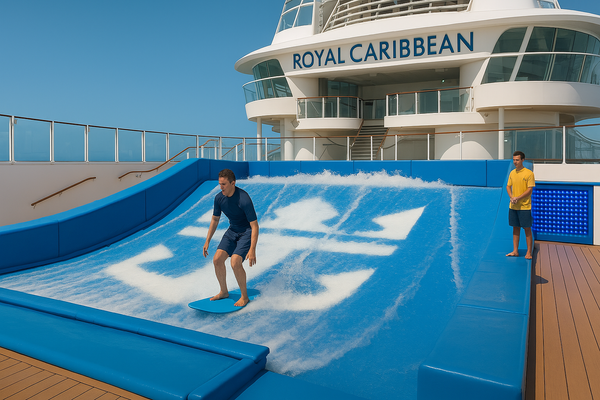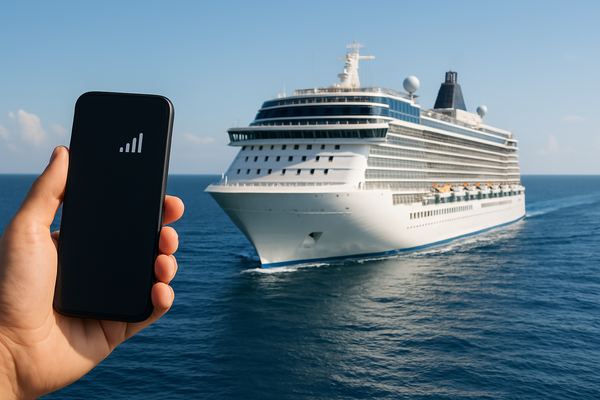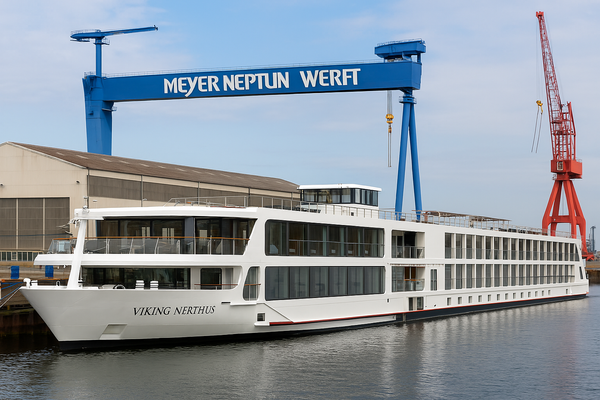Balearic Islands Enact New Rules to Curb Tourism Impact
The Balearic Islands' new sustainability measures target tourist accommodations and transport to mitigate the environmental and social impacts of mass tourism.
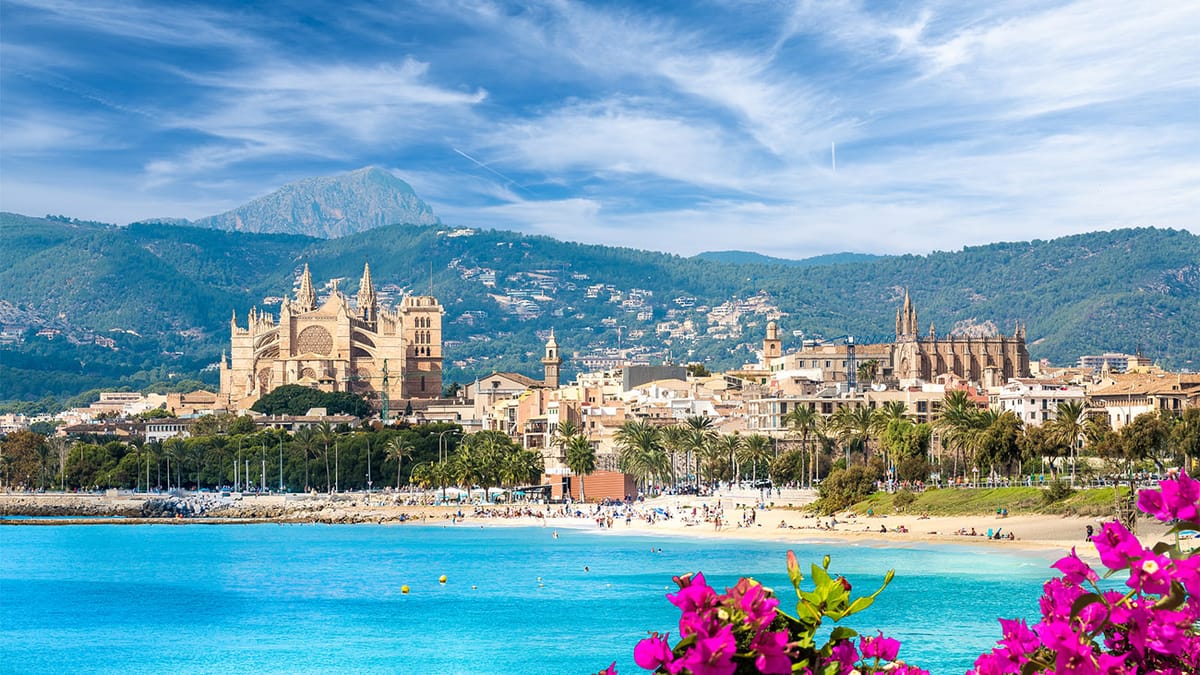
The Balearic Islands are taking ambitious steps to address mass tourism and its associated challenges with new policies aimed at sustainability and local well-being. Balearic president Marga Prohens recently unveiled a comprehensive roadmap designed to regulate tourist accommodations, rental cars, and cruise ship visitors, signaling heightened concerns over the environmental and social impacts of overtourism in this popular Mediterranean destination.
Key Measures to Curb Mass Tourism
The government’s plans include a multifaceted approach to reduce tourism pressure. Among the notable initiatives are:
- Ban on Tourist Flats: New licenses for tourist apartments will be prohibited, and renewal criteria for existing permits will be tightened. Fines for illegal accommodations will climb by 25%, with maximum penalties reaching €500,000. Property owners can reduce fines by offering rentals at social or controlled prices.
- Tax on Temporary Rental Cars: A new levy will apply to cars rented for less than six months, ranging from €30 to €80 based on emissions and rental duration.
- Hike in Tourist Tax: Cruise ship passengers will see fees rise from €2 to €6 per night during peak months. Additionally, the tourist tax will fluctuate throughout the year, being eliminated in January and February but increased during high-traffic seasons.
- Verification of Holiday Rentals: Booking platforms must confirm the registration numbers of properties listed for vacation stays, addressing concerns over unregulated accommodations.
Economic and Industry Reactions
These measures have sparked mixed reactions. The Balearic government views them as key to a more sustainable tourism model. President Prohens emphasized that the new policies align with the Transition Agenda, focusing on environmental protection and improving residents’ quality of life.
However, industry representatives have voiced reservations about potential economic impacts. The Majorca Hotel Federation warned that higher taxes could curtail visitors’ spending power, with knock-on effects for shops, restaurants, and entertainment venues. Baleval, the local car rental association, labeled the new levy as discriminatory, arguing that it may do little to relieve road congestion.
Public Pressure Drives Change
Mass tourism has long fueled debates in the Balearic Islands, particularly in Mallorca. Recent protests in Palma drew hundreds of participants demanding stricter controls to curb overcrowding and safeguard local resources. These demonstrations reflect a rising public sentiment that radical changes are necessary to preserve infrastructure and community well-being.
Implications for Cruise Ship Visitors
The increased tourist tax targeting cruise passengers has ignited considerable debate. Opponents believe the heightened fee might discourage cruise operators from including the Balearic Islands on their itineraries, potentially reducing arrivals in the short term. Supporters argue it will mitigate environmental stress and ease crowding during high season.
Some neighboring ports around the Mediterranean could draw rerouted ships seeking areas with fewer restrictions or lower costs. Such itinerary shifts may shift tourism flows and affect economic activity in cities like Valencia and Barcelona.
A Transition Beyond the Current Government
President Prohens has framed the roadmap as part of a long-term strategy extending beyond any single legislative term. Through ongoing dialogue with political parties and industry stakeholders, the Balearic government aims to shape measures that both protect natural resources and safeguard economic interests.
Although some coalition partners and business groups challenge the proposals, officials maintain that these regulations address urgent environmental and social concerns in one of Europe’s most popular travel hotspots. As tourism continues to reshape the natural and cultural landscape of the Balearics, the current policy evolution reflects broader efforts to balance economic interests with sustainability goals.
What are the main objectives of the Balearic tourism roadmap?
The roadmap aims to promote sustainability, ease environmental pressures, and address housing challenges linked to mass tourism, ensuring that the well-being of residents takes priority.
How will the new tourist tax affect cruise ship passengers?
Cruise passengers will face increased taxes, rising from €2 to €6 per night during peak travel months. This step is intended to reduce overcrowding and bolster environmental measures.
Why are rental car taxes being introduced?
The new tax on hire cars, ranging from €30 to €80 depending on emissions and rental duration, is designed to address road congestion and emissions, promoting more sustainable modes of transport.
How have local businesses reacted to these measures?
Various industry groups, including the Majorca Hotel Federation and Baleval, have expressed concerns about possible negative effects on the hospitality and car rental sectors, with some questioning whether the measures will be effective or fair.
Can political disagreements affect the implementation of these policies?
Yes. As a minority government, Balearic officials may struggle to secure parliamentary backing if coalition partners or opposition parties remain skeptical. Negotiations are ongoing, and legislative approval is not guaranteed.

